The Best Basil Companion Herbs For Flavor Pest Control And More
Introduction
Basil is a delicious and versatile herb that can be used in a variety of dishes. It is also a popular choice for companion planting, as it can help to improve the flavor and pest control of other plants in the garden.
In this blog post, we will discuss the best basil companion herbs. We will also cover the benefits of companion planting and how to choose the right herbs for your garden.
Benefits of Companion Planting
There are many benefits to companion planting, including:
- Improved flavor: Certain herbs can enhance the flavor of each other when planted together. For example, basil and tomatoes are a classic companion pairing that can create a delicious and flavorful dish.
- Pest control: Some herbs can help to repel pests from other plants in the garden. For example, marigolds are a popular companion plant for tomatoes because they help to repel nematodes, which can damage tomato roots.
- Increased pollination: Some herbs can attract pollinators to the garden, which can help to increase pollination and fruit production. For example, chamomile is a good companion plant for basil because it attracts bees and butterflies.
- Improved soil health: Some herbs can help to improve the soil health of the garden, which can benefit all of the plants in the garden. For example, basil can help to improve the drainage of the soil, which can help to prevent root rot.
Choosing the Right Basil Companion Herbs
When choosing basil companion herbs, there are a few things to keep in mind:
- Plants with similar growing requirements: Basil prefers full sun and well-draining soil. When choosing companion herbs, it is important to choose plants that have similar growing requirements. This will help to ensure that both plants will thrive in the same environment.
- Plants with complementary flavors: Some herbs can enhance the flavor of basil, while others can clash. When choosing companion herbs, it is important to choose herbs that have complementary flavors. This will help to create a delicious and flavorful dish.
- Plants that attract pollinators: Basil is a good source of nectar for pollinators, such as bees and butterflies. When choosing companion herbs, it is a good idea to choose plants that also attract pollinators. This will help to increase pollination and fruit production in the garden.
The Best Basil Companion Herbs
Here are some of the best basil companion herbs:
- Marigolds: Marigolds are a popular companion plant for basil because they help to repel nematodes, which can damage tomato roots. Marigolds also attract pollinators, which can help to increase pollination and fruit production.
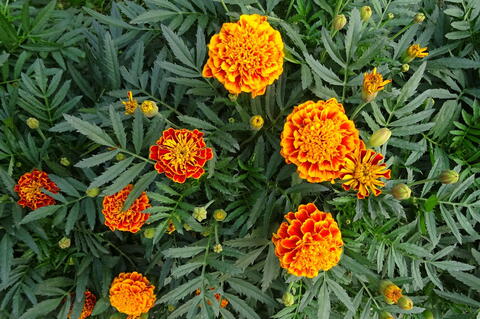
- Chamomile: Chamomile is a good companion plant for basil because it enhances the flavor of basil. Chamomile also attracts bees and butterflies, which can help to increase pollination.
- Chives: Chives enhance the flavor of basil and can also help to repel pests, such as aphids.
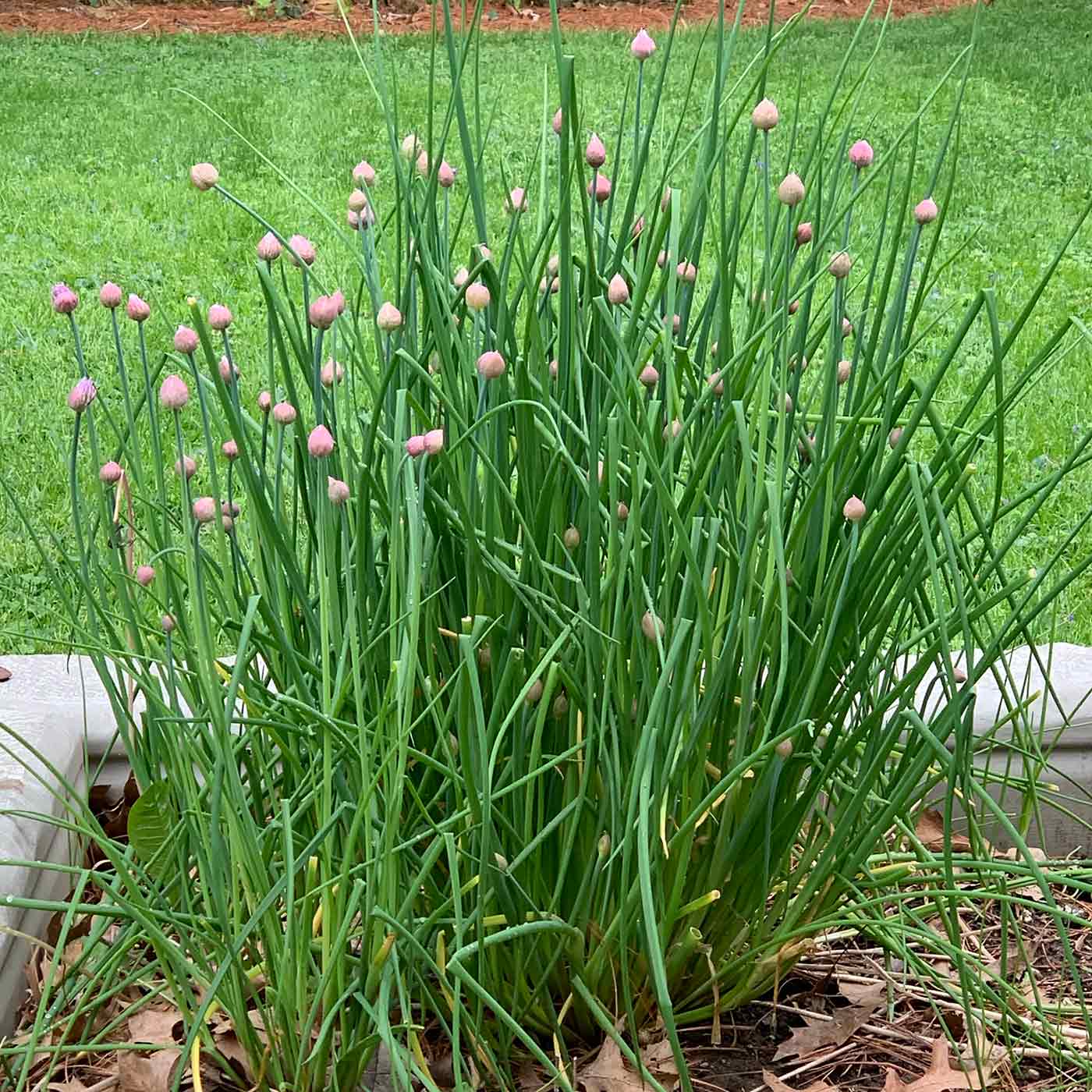
- Oregano: Oregano is a good companion plant for basil because it has similar growing requirements and can enhance the flavor of basil. Oregano also attracts pollinators, which can help to increase pollination.
- Parsley: Parsley is a good companion plant for basil because it has similar growing requirements and can enhance the flavor of basil. Parsley also attracts pollinators, which can help to increase pollination.
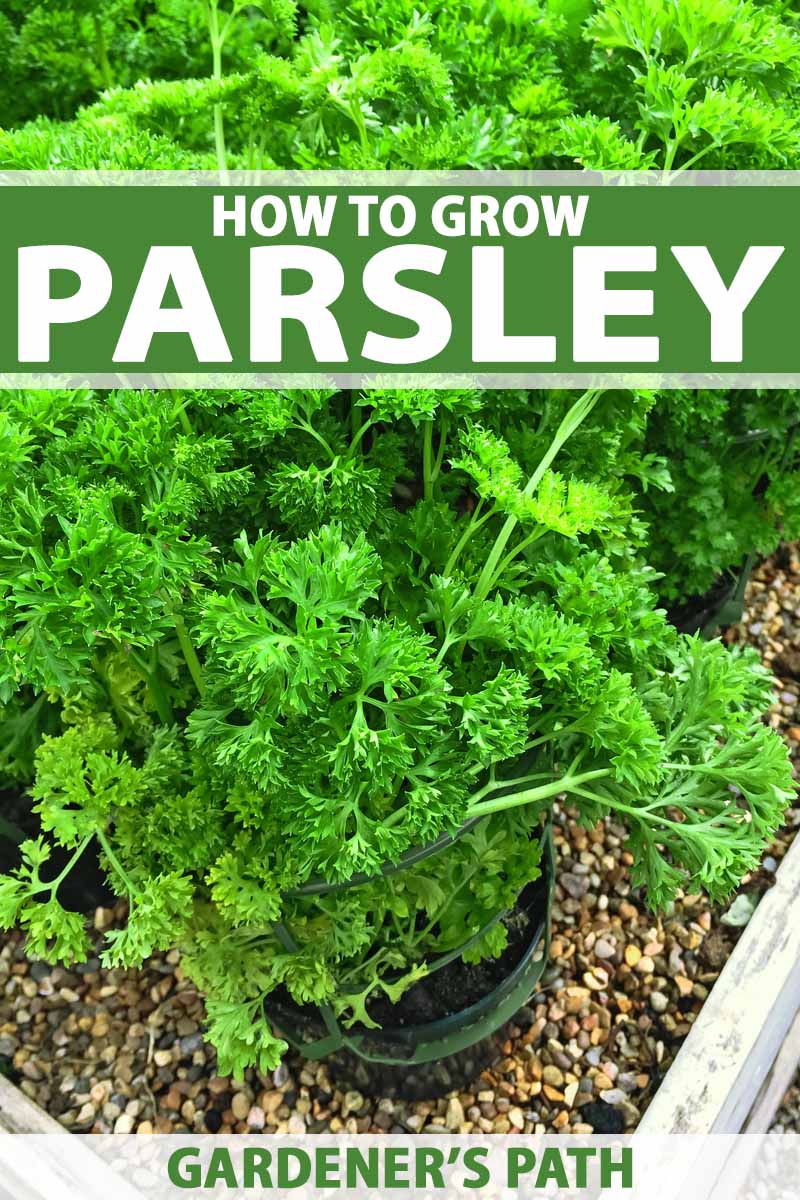
- Rosemary: Rosemary is a good companion plant for basil because it can help to repel pests, such as whiteflies. Rosemary also attracts pollinators, which can help to increase pollination.

Conclusion
Basil is a delicious and versatile herb that can be grown in many different gardens. By companion planting basil with other herbs, you can improve the flavor, pest control, and pollination of your garden.
Here are some additional tips for companion planting with basil:
- Plant basil in full sun and well-draining soil.
- Water basil regularly, especially during hot weather.
- Fertilize basil every few weeks with a balanced fertilizer.
- Harvest basil leaves as needed.
With a little care and attention, you can grow a beautiful and productive basil garden that will be a source of delicious food and flavor for years to come.
Basil is a delicious and versatile herb that can be used in a variety of dishes. But did you know that basil can also help to repel pests and attract beneficial insects? When planted with certain companion plants, basil can help to improve the overall health and productivity of your garden.
Some of the best companion plants for basil include:
- Marigolds: Marigolds help to repel pests such as aphids, beetles, and nematodes.
- Borage: Borage attracts pollinators such as bees and butterflies, which help to control pests and improve pollination.
- Chamomile: Chamomile helps to increase the essential oil content of basil, which makes it more flavorful and pest-resistant.
- Chives: Chives help to repel pests such as thrips and spider mites.
- Oregano: Oregano helps to improve the flavor of basil and repel pests such as whiteflies.
For more information about basil companion plants, please visit Home Gardening.
FAQ of basil companion herbs
Q: What are some good companion plants for basil?
A: Some of the best companion plants for basil include:
- Tomatoes: Tomatoes and basil are a classic combination that is both delicious and beneficial to both plants. Basil helps to deter pests that target tomatoes, such as thrips and tomato hornworms. Tomatoes, in turn, provide shade for basil, which can help to prevent it from bolting.
- Chives: Chives help to repel pests such as aphids and carrot rust flies, which can be a problem for basil. They also help to improve the flavor of basil.
- Oregano: Oregano and basil are both members of the mint family, and they complement each other well. Oregano helps to deter pests such as spider mites and whiteflies, which can be a problem for basil.
- Chamomile: Chamomile helps to attract beneficial insects, such as ladybugs and lacewings, which can help to control pests that target basil. It also helps to improve the flavor of basil.
Q: What are some plants that should not be planted near basil?
A: There are a few plants that should not be planted near basil, including:
- Rue: Rue can inhibit the growth of basil.
- Sage: Sage can attract pests that target basil, such as aphids and spider mites.
- Rosemary: Rosemary has different water requirements than basil, and planting them together can lead to one plant being overwatered or underwatered.
Q: How far apart should basil plants be planted?
A: Basil plants should be planted 12 to 18 inches apart, depending on the variety. This will give them enough space to grow and thrive.
Q: How do I plant basil companion herbs?
A: To plant basil companion herbs, you will need to:
- Prepare the soil by tilling it and adding compost or other organic matter.
- Space the plants 12 to 18 inches apart.
- Plant the seeds or transplants according to the instructions on the package.
- Water the plants well.
Q: What are some tips for caring for basil companion herbs?
A: Basil companion herbs are relatively easy to care for. Here are a few tips:
- Water the plants regularly, especially during hot weather.
- Fertilize the plants every few weeks with a balanced fertilizer.
- Harvest the leaves as needed.
- Protect the plants from pests and diseases.
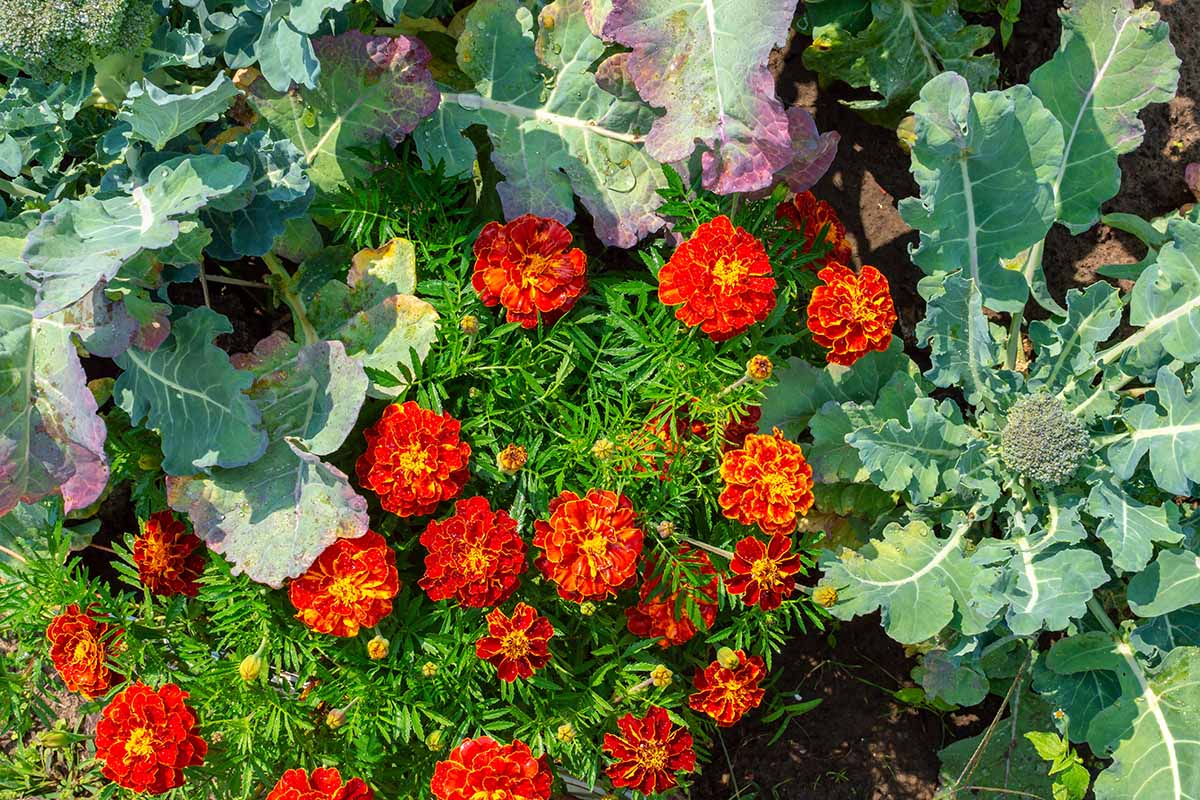
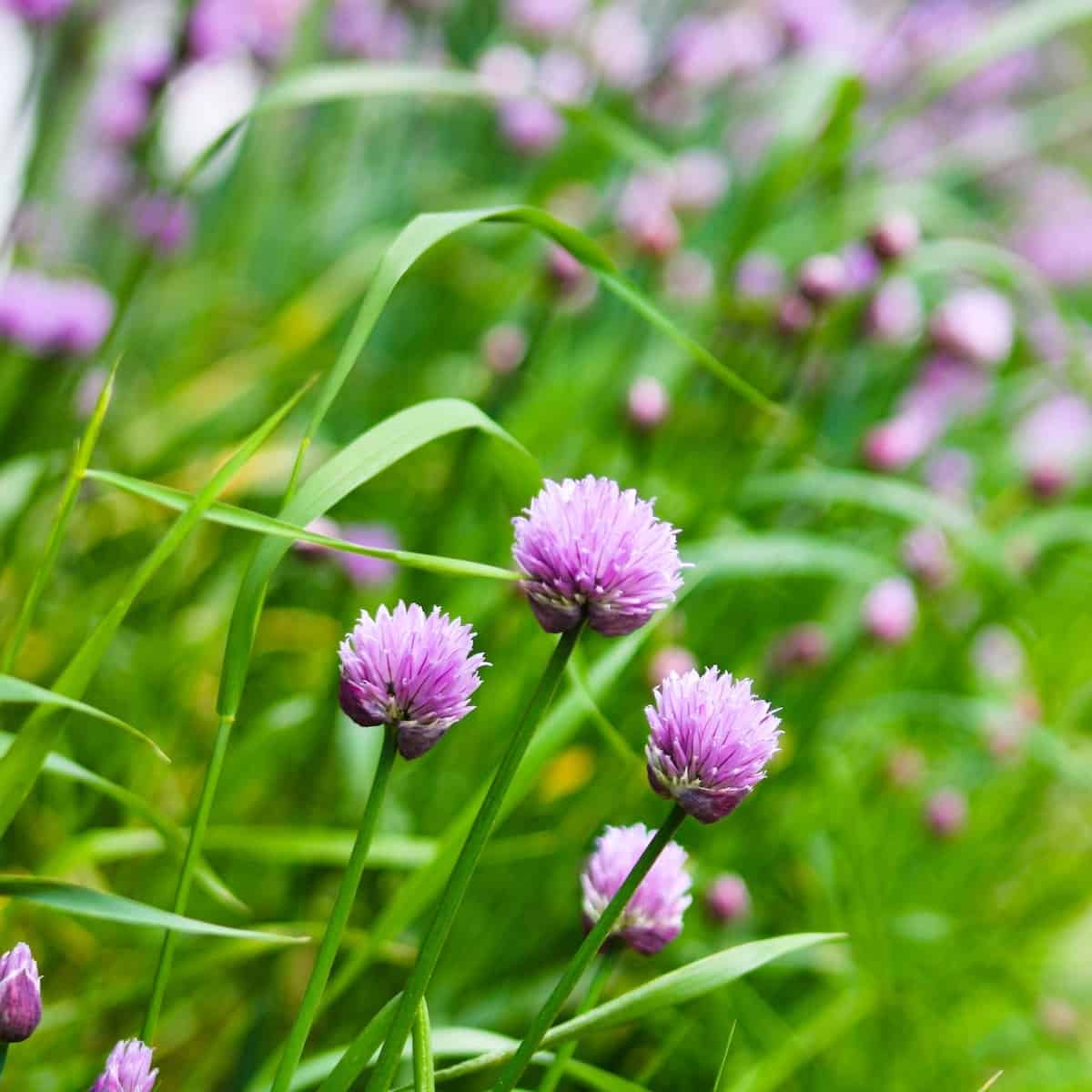
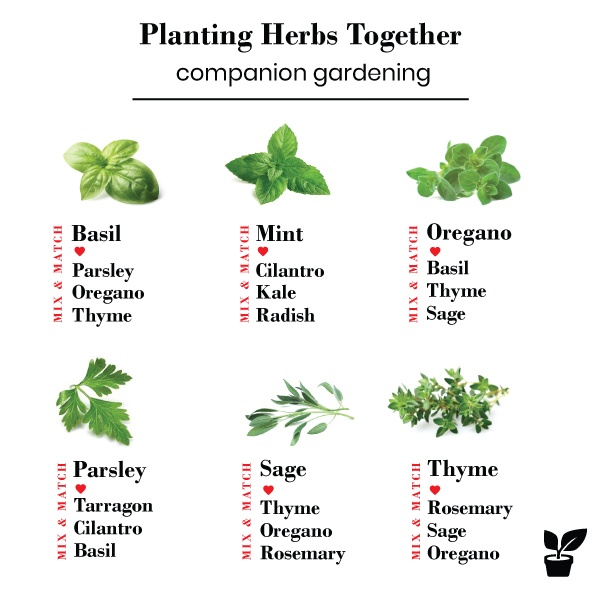
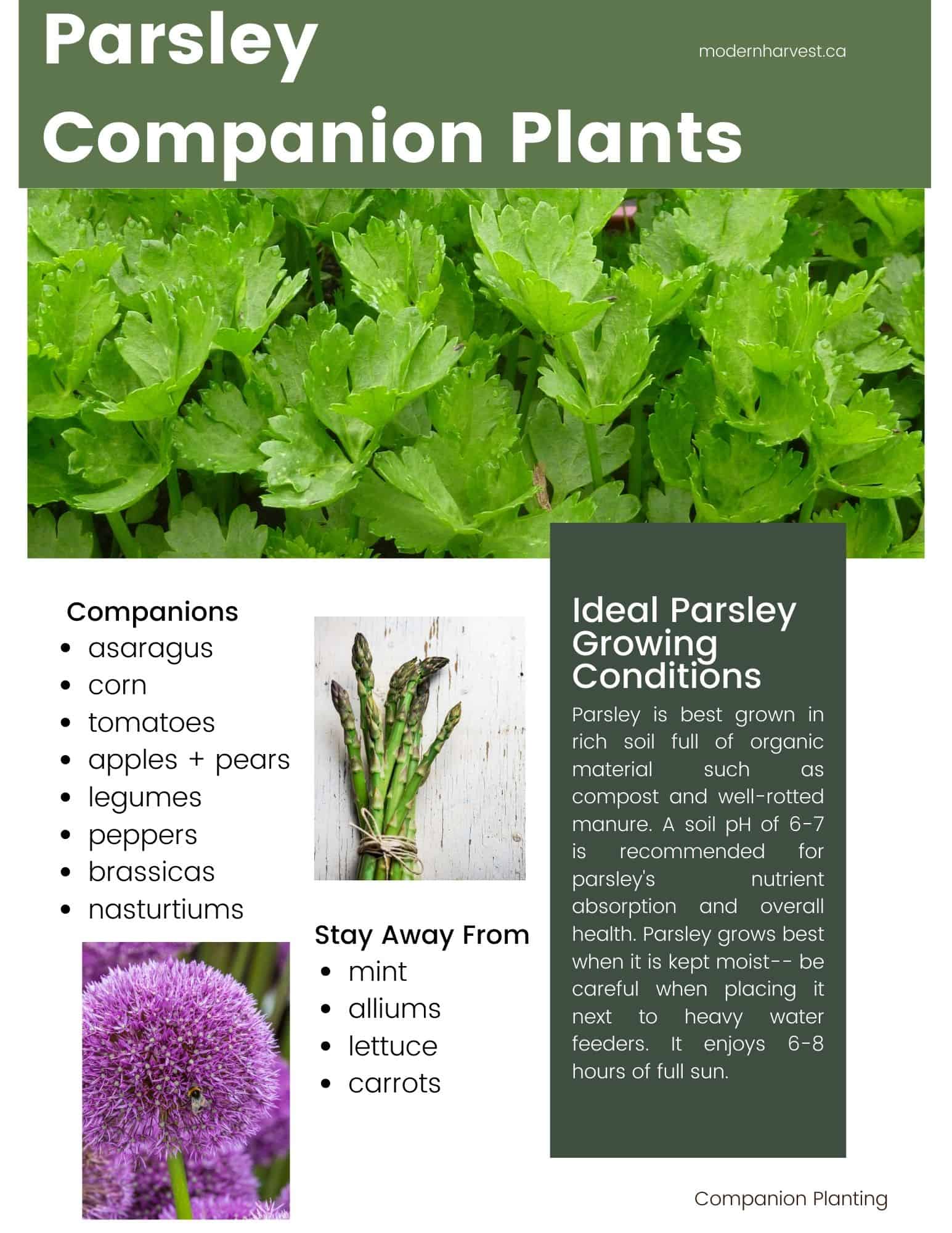
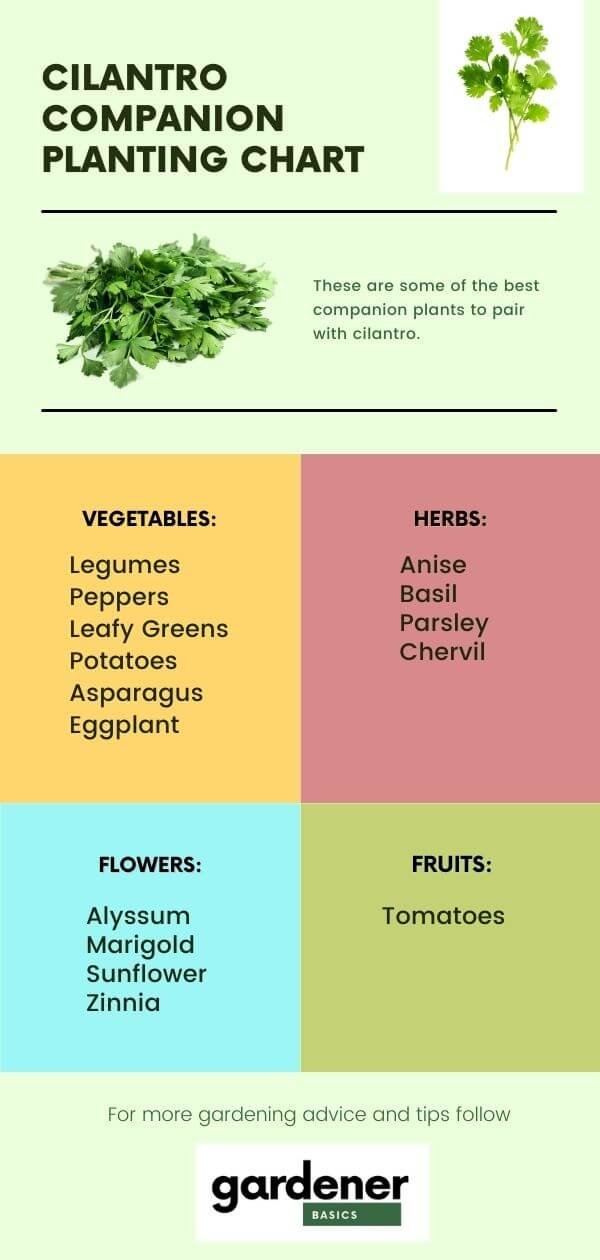

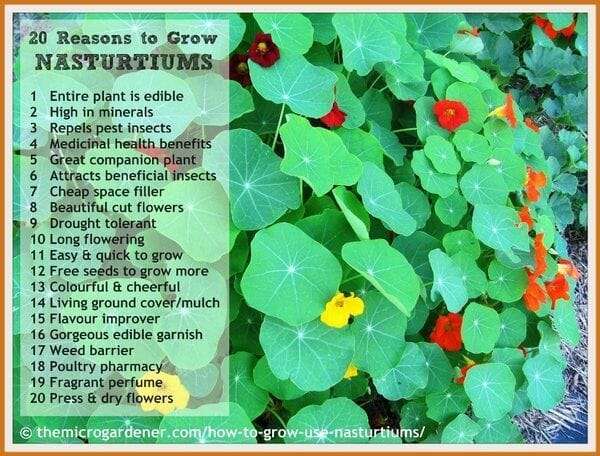
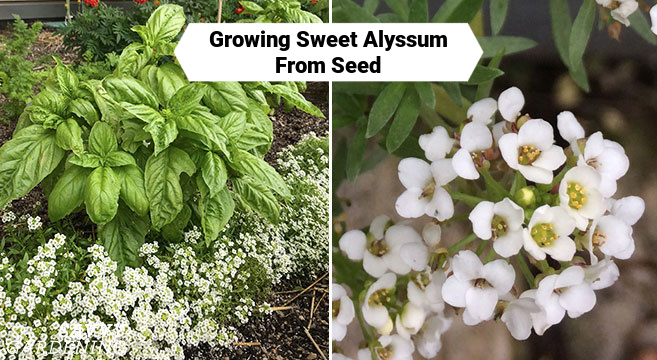

Post a Comment for "The Best Basil Companion Herbs For Flavor Pest Control And More"